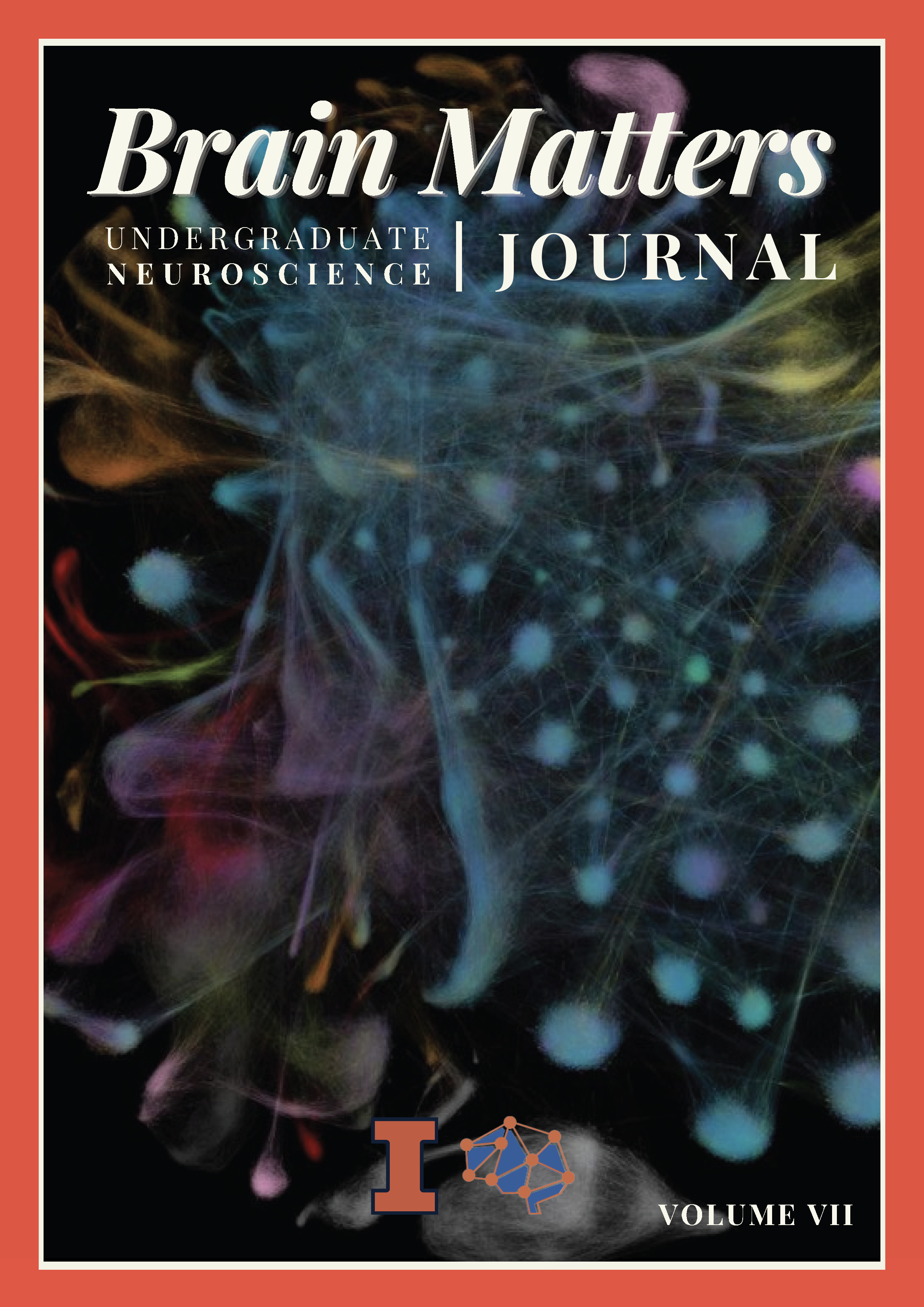Revolutionizing Treatment Gene Therapy Offers Hope for Hurler Syndrome
Main Article Content
Abstract
Hurler Syndrome, also known as mucopolysaccharidosis type I (MPS I), is a rare lysosomal disorder wherein genetic mutations prevent the synthesis of enzyme IDUA, disrupting the breakdown of sugar molecules. This autosomal recessive condition targets newborns and causes physical and cognitive abnormalities, potentially resulting in brain damage (Cleveland Clinic, 2022). Current treatments include bone marrow transplants, which are not only dangerous but also an unfavorable solution for progressive brain damage. Recently, a new form of gene therapy, Proprietary System (PS) gene editing, has shown promising results in mice as a treatment method, as concluded by researchers at the University of Minnesota. Using high-resolution resting-state functional MRI (rs-fMRI) technology, researchers could support normal neural connections using liver enzymes. This advanced approach also helps monitor brain connectivity in other lysosomal disorders affecting brain function (University of Minnesota, 2023).
Article Details

This work is licensed under a Creative Commons Attribution-NonCommercial-ShareAlike 4.0 International License.

